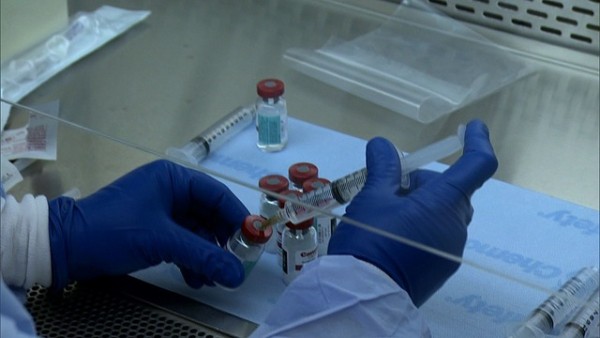Potential COVID-19 Drug Shows Promise, But Government Says It Needs More Research

According to a recent report, researchers have finally made public some data with hopes for producing a possible treatment for the COVID-19. The U.S. granted its emergency use last May 1, and at that time, Japan followed suit.
A research was published by the New England Journal of Medicine showing that positive patients injected intravenously with remdesivir improved after 11 days. They then compared their findings with hospitalized patients who were only given placebo for 15 days.
The data was supported by NIAID Director Dr. Anthony Fauci, who announced it at the White House.
"The data shows that remdesivir has a clear-cut, significant, positive effect in diminishing the time to recovery. What it has proven is that a drug can block this virus."
However, their findings also mentioned that about 7.1 percent of the trial group given with remdesiver succumbed to the virus compared to the 11.9 percent in the other group.
ALSO READ: Health Officials Speak Up About Asthmatic Patients and Discomfort in Wearing a Face Mask
What is Remdesivir?
The drug comes in intravenous form and was developed by Gilead to be given to the sickest covid patients. Drug trials involved patients, which numbered to about 1,100, from many countries. What was fascinating about their findings is that the recovery time was cut from 15 to 11 days. The mortality rate also dropped from 11.6 percent for those only given with placebo to eight percent for those injected with remdesivir.
"It's a very safe and effective drug," said Eric Topol, founder and director of the Scripps Research Translational Institute. "We now have a definite first efficacious drug for Covid-19, which is a major step forward and will be built upon with other drugs, [and drug] combinations."
This is a rare piece of good news, but still is not a cure because the study also mentioned that:
"Given high mortality despite the use of remdesivir, it is clear that treatment with an antiviral drug alone is not likely to be sufficient. Future strategies should evaluate antiviral agents in combination with other therapeutic approaches or combinations of antiviral agents to continue to improve patient outcomes in Covid-19."
DON'T MISS THIS: Coronavirus Update: Companies and Their Progress on the Development of a Vaccine
For some, the research should have been given enough time in order for the test to see the light if the drug slows down the death rate. Dr. Steven Nissen, a cardiologist at the Cleveland Clinic explained:
"It's clear from the publication that the study was stopped prior to the completion of a significant number of patients. By stopping it early the scientific community was deprived of the opportunity to determine whether remdesivir can or cannot reduce mortality."
Meanwhile, a lottery campaign has been reflected upon whether you get to be injected with the likes of remdesiver or not. With health officials struggling to create an equal plan to distribute the drug, the State of California has suggested that it could hold a lottery to serve as a decision-maker.
READ MORE: Recent Study Alarms Experts Regarding Pregnant Coronavirus Positive Women
May 25, 2020 09:00 AM EDT




